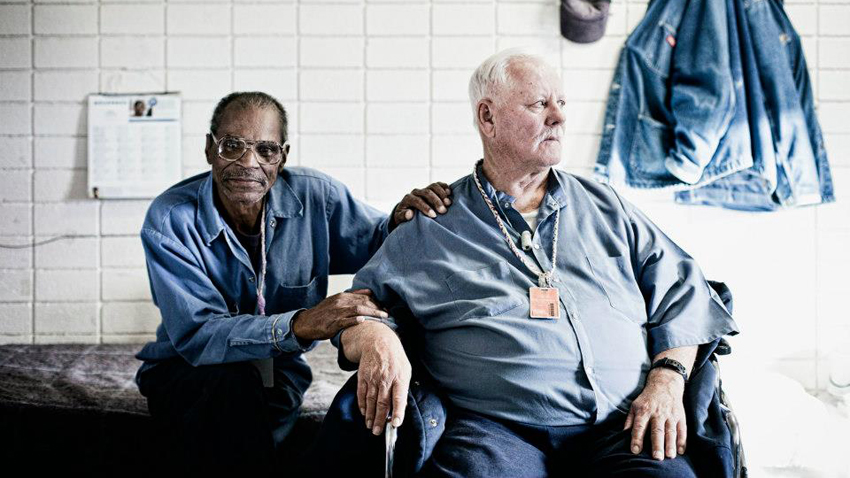
The Aging Prison Population: A Nursing Home Dilemma
In New York State and throughout the country, policymakers are struggling with the healthcare needs of a rapidly aging prison population. Prisons and jails have a constitutional obligation to provide reasonable medical care to those incarcerated in their facilities. However, most prison facilities simply are not equipped to provide the level of specialized care aging inmates require, whether for short-term rehabilitation or long-term care.
The strain of providing care to the growing population of aging prisoners has led some advocates to push for compassionate release of elderly or infirm inmates to allow them to secure the care they need outside the prison environment. Many states have attempted to retro-fit existing units or build entirely new facilities designed to house elderly or infirm inmates, but such measures can be costly and controversial. Some prisons have experimented with an alternative solution: contracting with nursing homes to admit inmates as residents. Such programs differ from compassionate release as the inmates remain in custody. However, the inmates receive the kind of 24/7 residential healthcare and services that typically is not available in a prison setting.
Skilled Nursing Facilities that admit incarcerated individuals as residents face unique challenges. Federal regulations specifically prohibit the involuntary seclusion of a resident as well as the use of any physical restraints not medically required (both falling under the category of abuse). However, since the inmates remain in custody, they may be required to submit to physical restraints, such as handcuffs, and otherwise be restricted in their movements. Likewise, the facility must ensure that an incarcerated individual does not pose a danger to the other residents, staff, visitors and the surrounding community. While filling beds and increasing census, nursing homes may face strong opposition to the admission of incarcerated individuals within the facility and must be prepared to address a wide variety of concerns and objections if they undertake such a program.
Cona Elder Law’s experienced attorneys continue to monitor the most recent developments regarding this issue and other important legal matters concerning the nursing home industry. Contact us at 631.390.5000 or click here to learn more about how our firm can help your facility preserve its bottom line and ensure your ability to continue to provide quality services to your nursing home residents.
Originally published in the July 2024 edition of LeadingAge NY’s Newsletter.
About the Author Cona Elder Law
Cona Elder Law is a full service law firm based in Melville, LI. Our firm concentrates in the areas of elder law, estate planning, estate administration and litigation, special needs planning and health care facility representation. We are proud to have been recognized for our innovative strategies, creative techniques and unparalleled negotiating skills unendingly driven toward our paramount objective - satisfying the needs of our clients.
Related Posts
The Needle that Does Not Move: Navigating the Pitfalls of Medicaid Look-Back Periods for Community Medicaid Recipients
Cona Elder Law Hosts “These Colors Don’t Run” Art Contest at Long Island Veterans Home in Stony Brook
Cona Elder Law Hosts ‘These Colors Don’t Run’ Art Contest
Schneps Webinar: Top Five Elder Law & Estate Planning Topics for the Thanksgiving Table
Charging Forward: Implementing New Regulations on Credit Card Payment For Medical Services
Cybersecurity: HIPAA with Teeth

